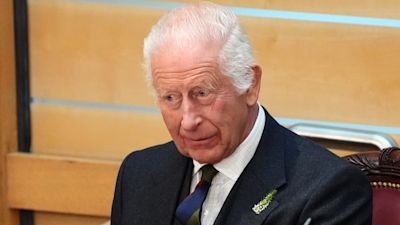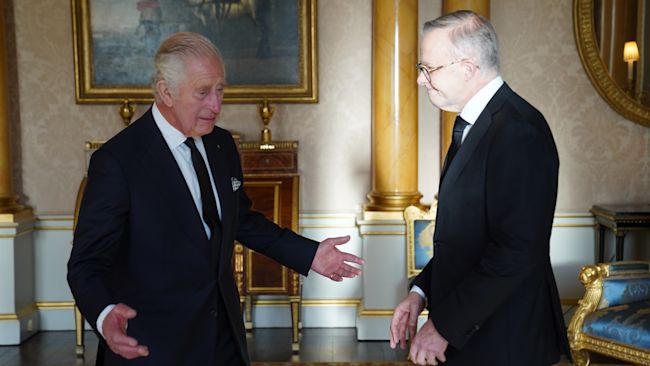Canadian Coast Guard Contracts to Remove Oil from Long-Forgotten WWII Wreck

As part of its efforts to protect Canada's oceans and waterways, the Canadian Government is bringing back to life the story of a long-forgotten wreck from the World War II era which continues to haunt the Inside Passage between Canada and Alaska. The Canadian Coast Guard reported on October 10 that it has awarded a C$4.9 million (US$3.6 million) contract to Resolve Marine to remove oil from historic shipwreck USAT Brigadier General M.G. Zalinski.
It is an interesting tale shedding light on the forgotten past. The vessel was built in 1919 in Ohio known as Lake Frohna for operation as a Laker on the Great Lakes. She measured 251 feet (77 meters) and approximately 3,500 gross tons. Her career was undistinguished operating in the 1920s as Ace and finally in 1941 being acquired by the U.S. Government.
Renamed Brigadier General M. G. Zalinski no records survive of a distinguished war career. What is known is she set off in September 1946 on a resupply mission from Seattle to Whitter, Alaska. She had a crew of 48 aboard and was loaded with 700 tons of Bunker C fuel oil, gasoline, bombs, grenades, and small arms.
Heading north on the Inside Passage she encountered a strong rainstorm and initially anchored. Later heading north she approached the Grenville Channel, an area known for a very strong current, tides, and weather patterns. At 0300 on September 29 she grounded and with a gash in her hull began taking on water. The crew along with an Irish Setter dog made their way into two lifeboats and were rescued by a commercial fishing boat while the cargo ship slipped below the water with all assuming it was the end of her story.

In September 2003, 57 years after she sank, however, USCG cutter Maple sailing in the Grenville Channel spotted an oil slick and began to investigate. The Canadians surveyed the site and in October to everyone’s surprise they found the USAT Brigadier General M.G. Zalinski. Instead of having sunk to the depths she was sitting upside down on a rock ledge just 112 feet below the surface. (Her full story is recounted in a 2019 article in Haikai Magazine and by Ocean Ecology which is following the efforts.)
As she continued to leak, a dive was mounted to the vessel in 2013 to remove the oil. Porter Marine Salvage details the 2013 operation including its surprise to find the ship was home to a two-and-a-half-meter Giant Pacific Octopus. They removed what was accessible, but reports are that a later survey said as much as 27,000 liters is likely still aboard.
The Canadian Coast Guard believes that the ship’s structure has continued to deteriorate, causing previously inaccessible fuel tanks to collapse. They report currently only a minimal amount of oil is “upwelling” from the wreck but it has been decided to proceed to clean the wreck to prevent long-term damage. They said the new state of deterioration poses a significant risk for the release of a large amount of oil.
Resolve Marine will use a process called "hot tapping" to reduce the volume of fuel in the tanks. First, drainage valves are attached to the hull, then a hose will be connected to the valves and the fuel will be pumped out into holding tanks on a barge. The hot-tap method has been used successfully on shipwrecks for many years, including during the Canadian Coast Guard's response to the historic Nootka Sound shipwreck, the MV Schiedyk, in 2021.
Work is scheduled to begin in mid-October and is expected to take several weeks. Given the nature of the operation, the Canadian Coast Guard reports there is a small risk of a release of oil while draining. It will have personnel on-site and ready to respond if needed.
















